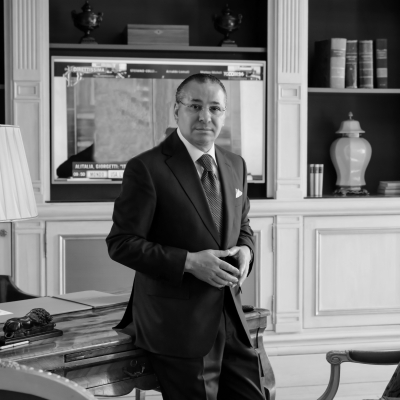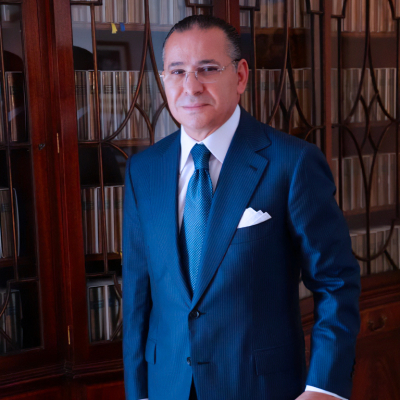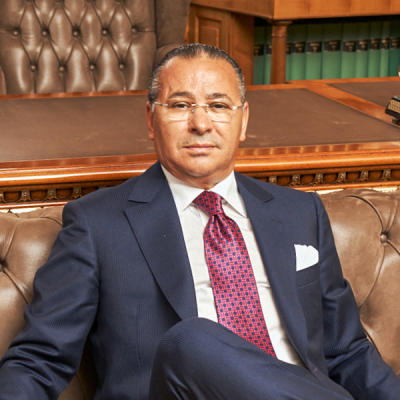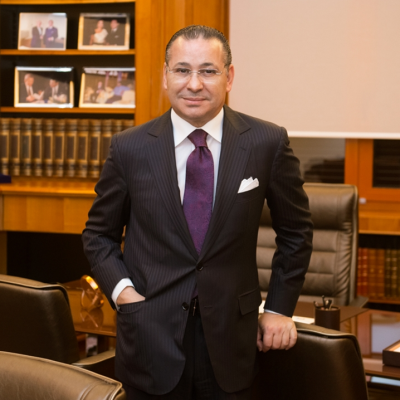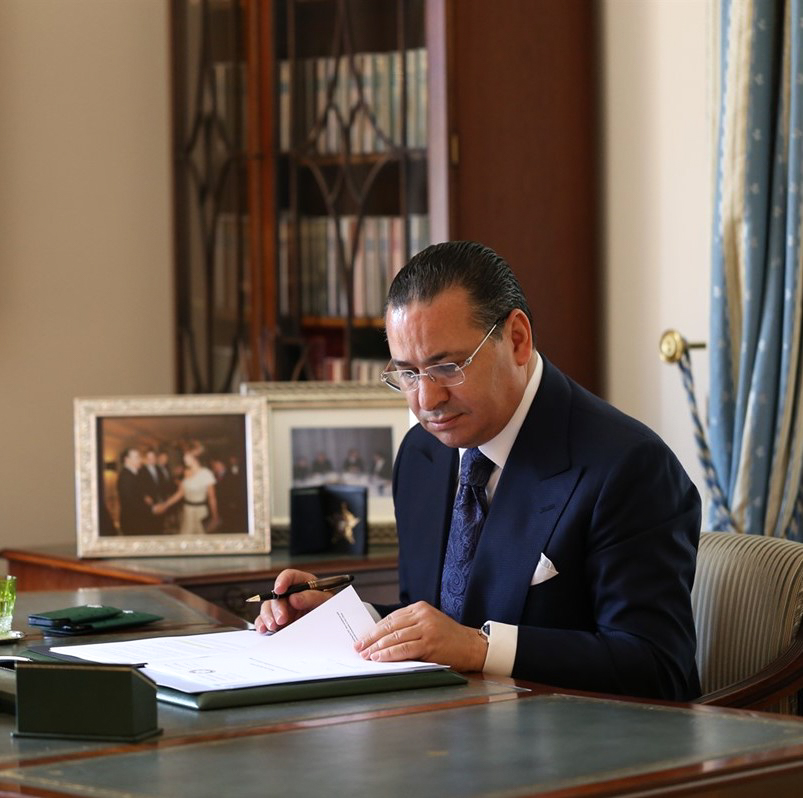
At the risk of repeating myself, military action rarely, if ever, resolves conflict. History has consistently proven this to be the case. Furthermore, democracy is not a commodity that can be exported or imposed by strategic aggression or force. Whilst we cannot minimise the illegal chemical weapons attack carried out in Syria last week or the terrible toll and loss of life caused by the ongoing civil war; neither can we justify the US missile strikes that were carried out in response and in a clear breach of international law. As Former U.S. President Barack Obama tried to demonstrate to us, we must endeavour to make diplomacy the preferred choice of action.
Throughout his tenure, he consistently tried to avoid further violence by pushing for agreements through negotiations with the UN and Russia. In short, he and some other political powers tried to seek a peaceful solution to a very brutal and contentious dispute.To paraphrase the great English philosopher, John Stuart Mill, going to war for an idea is just as criminal an act as going to war for territory “for it is as little justifiable to force our ideas on other people, as to compel them to submit to our will in any other respect”. The fact that what Mills said well over a century ago is still resonant with us today only convinces me more of my belief that there is no such thing as a ‘Just’ war.
This does not mean that other forms of governance are necessarily preferable to the democratic system; however, it does mean that the democratic process must be nurtured within a given nation at their own pace and on their own terms. Who cannot see the irony in using guns and armies to enforce democratic rule in what is technically a system of governance that claims to put the individual citizen’s security as paramount. We must accept and adopt other ways of thinking and concede that there is more than one solution to war and that it is not more war.
Morally questionable military intervention, no matter how justified it may appear, will not resolve ethnic, religious or ideological conflicts, nor will it succeed in bringing about a democratic system of government. As has been proven time and again, only dialogue and negotiation can pave the way for reconciliation, which is in turn the lynchpin for peace. That is to say, until we are reconciled with our most difficult and belligerent neighbours, and on friendly terms with all fellow citizens within a given nation, no matter what their religious, ethnic or political persuasion, then we will never find true and enduring peace.
Firm exchanges during honest negotiations should never deteriorate to the degree that mutual respect for one another is sacrificed. In an ideal world, diplomatic relations should always triumph over the fear and uncertainty that drive the unfortunate yet all too human reactions of hatred and bigotry. We need to allow ourselves to be defined by tolerance and understanding, as that is the only way to overcome prejudice and discrimination. Naturally, the best way to achieve this is for us to choose leaders and governments that reflect this desire for peace and reconciliation and the great human capacity for forgiveness; but in the instances where there is little or no choice, we must try to encourage more openness through peaceful means.
We must work together for the good of all nations and work hard to create an inclusive world where employment opportunities are made available even to the most vulnerable. If we can provide people with a livelihood then we achieve the two-fold result of strengthening nations in conflict and preventing extremists from stepping in to fill the void of unemployment, lack of opportunity and poverty. In order to achieve this goal we need to involve all parties in round table negotiations, even the more reasonable agents of those groups who are currently bent on terrorism.
Negotiating with the political representatives of terrorist organisations or the heads of the more brutal regimes will certainly prove to be a bitter pill to swallow and perhaps even reprehensible, but without considering and analysing the demands of such players, it will be difficult for our attempts at brokering long lasting peace to look credible. Again, as I am wont to reiterate, history has repeatedly proven that we cannot simply blast them out of the equation with force. Like it or not hardliners and dictatorships exist and at the very least, could be involved in the international negotiations involving them.
In attempting to understand why some parts of society turn to violent terrorism, armed struggle or repression, then we can begin to understand how to end such violence and succeed in working towards peaceful resolutions. Furthermore, many governments can no longer ignore the historical role they too have often played in creating the conditions that breed violence and unrest. Imperialism, discrimination, negation of voting rights, lack of respectable housing, unemployment, social injustice and so forth, all combine to create optimum conditions for terrorist organisations and non-democratic administrations to step in and lay claim to representing an alienated and fatigued population.
Nevertheless, we must turn away from armed struggle and war and move towards reconciliation not only locally, but also at an international level. We must try to re-establish a sense of working for the common good and create partnerships that engage all elements of the problem. Only in this way, can we rise above our differences and truly put the long-suffering people of battle torn nations first. Let me be clear, any attempt to broker peace and export democratic ideals in the absence of reconciliation would be futile and we will continue to see more global tragedy, conflict and war in the foreseeable future.
Kamel Ghribi
